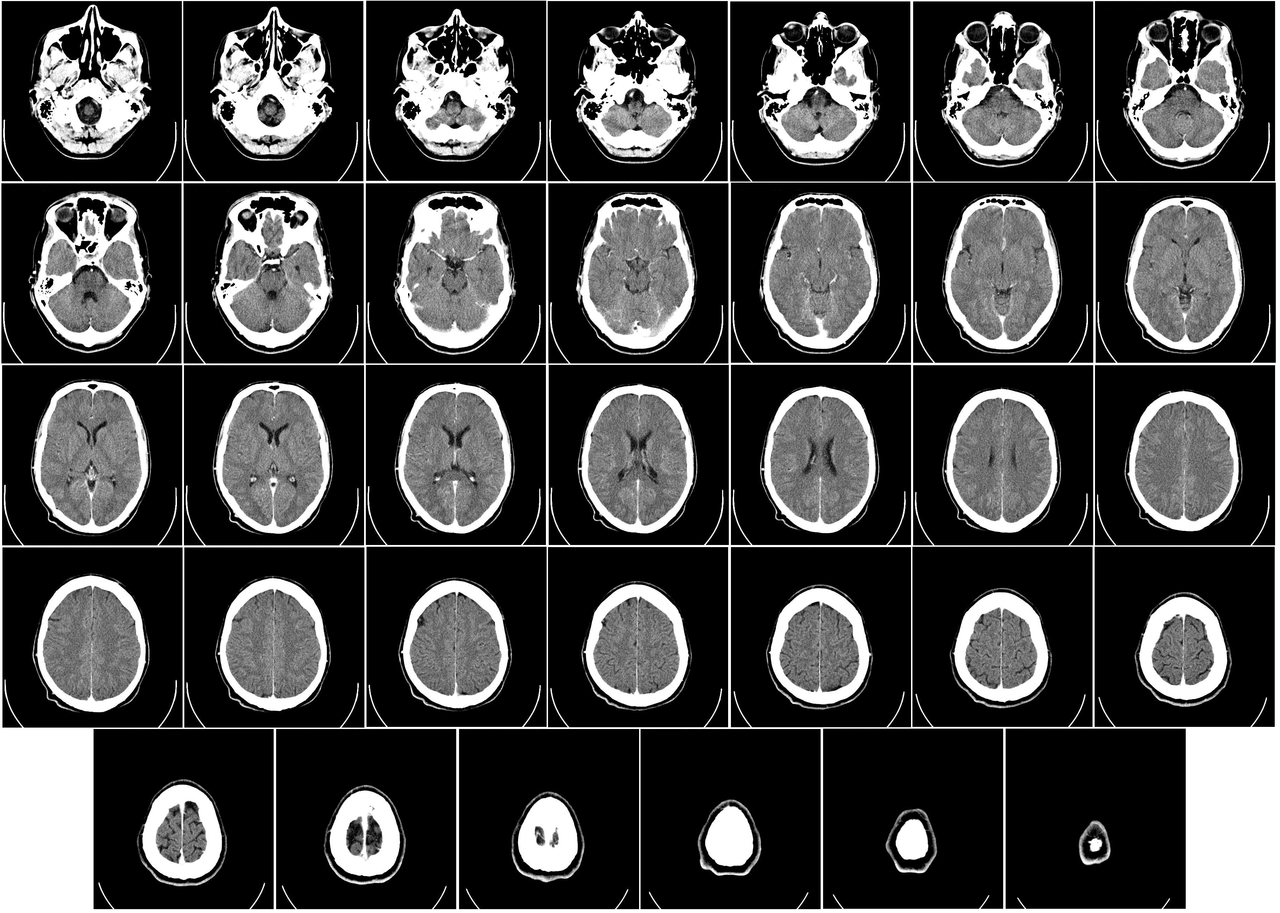
The Importance of B Vitamins for Brain Health and Combating Dementia
A number of studies have investigated the impact of vitamin supplementation to prevent and/or treat cognitive dysfunction and decline.
It's well-established that healthy fats such as animal-based omega-3 fats are really important for brain health, but other nutrients such as vitamins are also necessary for optimal brain function.
March 17, 2016 | Source: Mercola | by Dr. Mercola
A number of studies have investigated the impact of vitamin supplementation to prevent and/or treat cognitive dysfunction and decline.
It’s well-established that healthy fats such as animal-based omega-3 fats are really important for brain health, but other nutrients such as vitamins are also necessary for optimal brain function.
Most recently, a Korean study1 concluded that giving a multivitamin supplement to seniors suffering from mild cognitive impairment and depression helped improve both conditions.
B vitamins in particular, especially folate (B9, aka folic acid in its synthetic form) and vitamins B6 and B12, have made headlines for their powerful role in preventing cognitive decline and more serious dementia such as Alzheimer’s disease.
Mental fogginess and problems with memory are actually two of the top warning signs that you have vitamin B12 deficiency, indicating its importance for brain health.
B Vitamins and Omega-3 — An Important Combo for Brain Health
Although Dr. Michael Greger’s video is a good review on the research about B vitamins, being a vegetarian he does not include information about animal-based omega-3 fats, which are also beneficial in reducing dementia.
Low plasma concentrations of omega-3 and high levels of the amino acid homocysteine are associated with brain atrophy, dementia, and Alzheimer’s. Vitamins B6, B9, and B12 help convert homocysteine into methionine — a building block for proteins.
If you don’t get enough of these B vitamins, this conversion process is impaired and as a result your homocysteine levels increase. Conversely, when you increase intake of folic acid (folate), vitamin B6, and vitamin B12, your homocysteine levels decrease.
In one placebo-controlled trial2 published in 2015, 168 seniors diagnosed with mild cognitive impairment were randomly assigned to receive either placebo, or daily supplementation with 0.8 mg of folic acid, 20 mg of vitamin B6, and 0.5 mg of B12.
It’s worth noting that these are quite high doses — far above the U.S. RDA. All participants underwent cranial magnetic resonance imaging (MRI) scans at the outset of the study, and at the end, two years later.
The effect of the vitamin B supplementation was analyzed and compared to their omega-3 fatty acid concentrations at baseline. Interestingly, only those who had high omega-3 levels reaped beneficial effects from the B vitamins.
As noted by the authors:
“There was a significant interaction between B vitamin treatment and plasma combined omega-3 fatty acids (eicosapentaenoic acid and docosahexaenoic acid) on brain atrophy rates.
In subjects with high baseline omega-3 fatty acids (>590 μmol/L), B vitamin treatment slowed the mean atrophy rate by 40 percent compared with placebo.
B vitamin treatment had no significant effect on the rate of atrophy among subjects with low baseline omega-3 fatty acids (<390 μmol/L). High baseline omega-3 fatty acids were associated with a slower rate of brain atrophy in the B vitamin group but not in the placebo group…
It is also suggested that the beneficial effect of omega-3 fatty acids on brain atrophy may be confined to subjects with good B vitamin status.”
